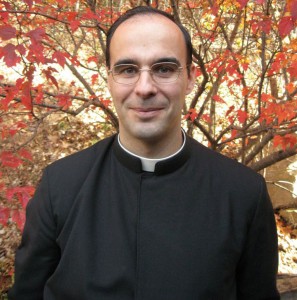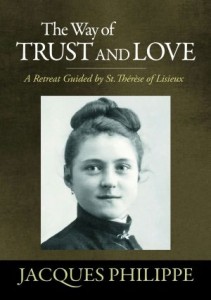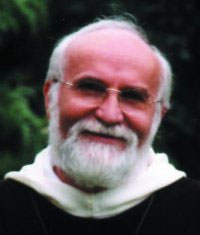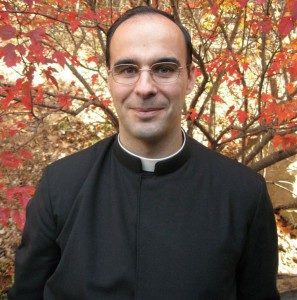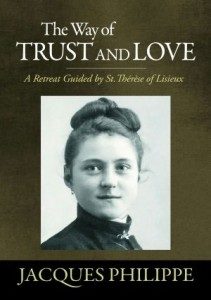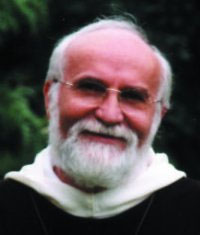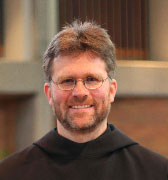Podcast: Play in new window | Download (Duration: 48:01 — 33.4MB) | Embed
Subscribe: Apple Podcasts | Spotify | Amazon Music | Android | Pandora | iHeartRadio | JioSaavn | Podchaser | Gaana | Podcast Index | Email | TuneIn | Deezer | Anghami | RSS | More
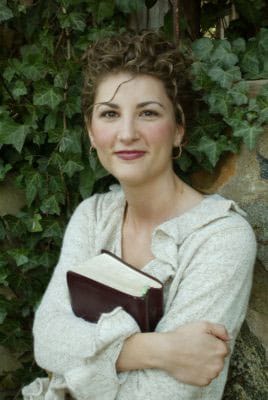
By sending his only Son and the Spirit of Love in the fullness of time, God has revealed his innermost secret: God himself is an eternal exchange of love, Father, Son and Holy Spirit, and he has destined us to share in that exchange (CCC 221).
For other episodes in this series, visit the Discerning Hearts Sonja Corbitt page
 Out now! My newest book with Deacon Harold Burke-Sivers: Ignite, Read the Bible Like Never Before. Get a preview of the introduction and first chapter here.
Out now! My newest book with Deacon Harold Burke-Sivers: Ignite, Read the Bible Like Never Before. Get a preview of the introduction and first chapter here.
Here’s the private Facebook discussion page for the Healing the Father Woundseries, if you want to join in the conversation with a little more privacy, as I do.
JPII’s Encyclical Letter, Dives in Misericordia, on God as Father
Catechism references
221 But St. John goes even further when he affirms that “God is love”:44 God’s very being is love. By sending his only Son and the Spirit of Love in the fullness of time, God has revealed his innermost secret:45 God himself is an eternal exchange of love, Father, Son and Holy Spirit, and he has destined us to share in that exchange.
Scripture references
Mar 14:36 And he said, “Abba, Father, all things are possible to thee; remove this cup from me; yet not what I will, but what thou wilt.”
Rom 8:15 For you did not receive the spirit of slavery to fall back into fear, but you have received the spirit of sonship. When we cry, “Abba! Father!”
Gal 4:6 And because you are sons, God has sent the Spirit of his Son into our hearts, crying, “Abba! Father!”
LOVE the Word™ is a Bible study method based on Mary’s own practice: lectio without the Latin. This week’s LOVE the Word™ exercise is according to a Thomistic* personality approach.
Listen (Receive the Word.)
Then he said to them, “My soul is very sorrowful even to death; remain here, and watch with me.” And he came to the disciples and found them sleeping; and he said to Peter, “So, could you not watch with me one hour?” (Mat 26:38-40)
Observe (Connect the passage to recent events.)
In Catholic tradition, Matthew 26:40 is the basis of the Holy Hour devotion for Eucharistic adoration. The tradition of Holy Hour devotion dates back to 1673 when Saint Margaret Mary Alacoque stated that she had a vision of Jesus in which she was instructed to spend an hour every Thursday night to meditate on the sufferings of Jesus in the Garden of Gethsemane.
I’d like you to participate in a holy hour of Adoration this week: “Watch and pray,” specifically for your woundedness. Where have you been sleeping through or distracting yourself from your agony? How can you enter into that agony, and give to others out of it, rather than “entering into temptation” to somehow run away from it?
Verbalize (Pray about your thoughts and emotions.)
In your journal or on your journal page (get a free page to the right), write down your answers, and what you believe the Holy Spirit is saying to you through the mystery of Jesus’ Agony in the Garden.
Entrust (May it be done to me according to your word!)
Abba, Father, lead me not into temptation, for my spirit is willing, but my flesh is weak.
Visit here for more on Sonja’s “LOVE the Word” journal
.
*LOVE the Word™ exercises vary weekly according to the four personalities, or “prayer forms,” explored in Prayer and Temperament, by Chester Michael and Marie Norrisey: Ignatian, Augustinian, Franciscan, and Thomistic. These prayer forms correspond to the Myers-Briggs personality types.


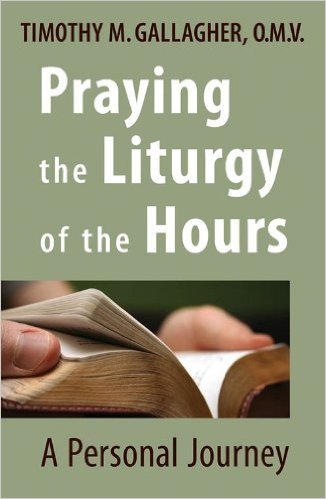
 The “Come Let Us Adore” talk given by Deacon James Keating on Saturday, December 9th at Christ the King Church for the IPF Advent Morning of Reflection.
The “Come Let Us Adore” talk given by Deacon James Keating on Saturday, December 9th at Christ the King Church for the IPF Advent Morning of Reflection.
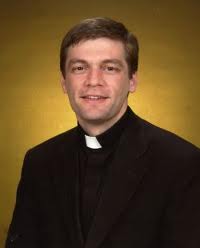 We discuss with Fr. Mark Cyza the dogma of the Immaculate Conception of the Blessed Virgin Mary!
We discuss with Fr. Mark Cyza the dogma of the Immaculate Conception of the Blessed Virgin Mary!

